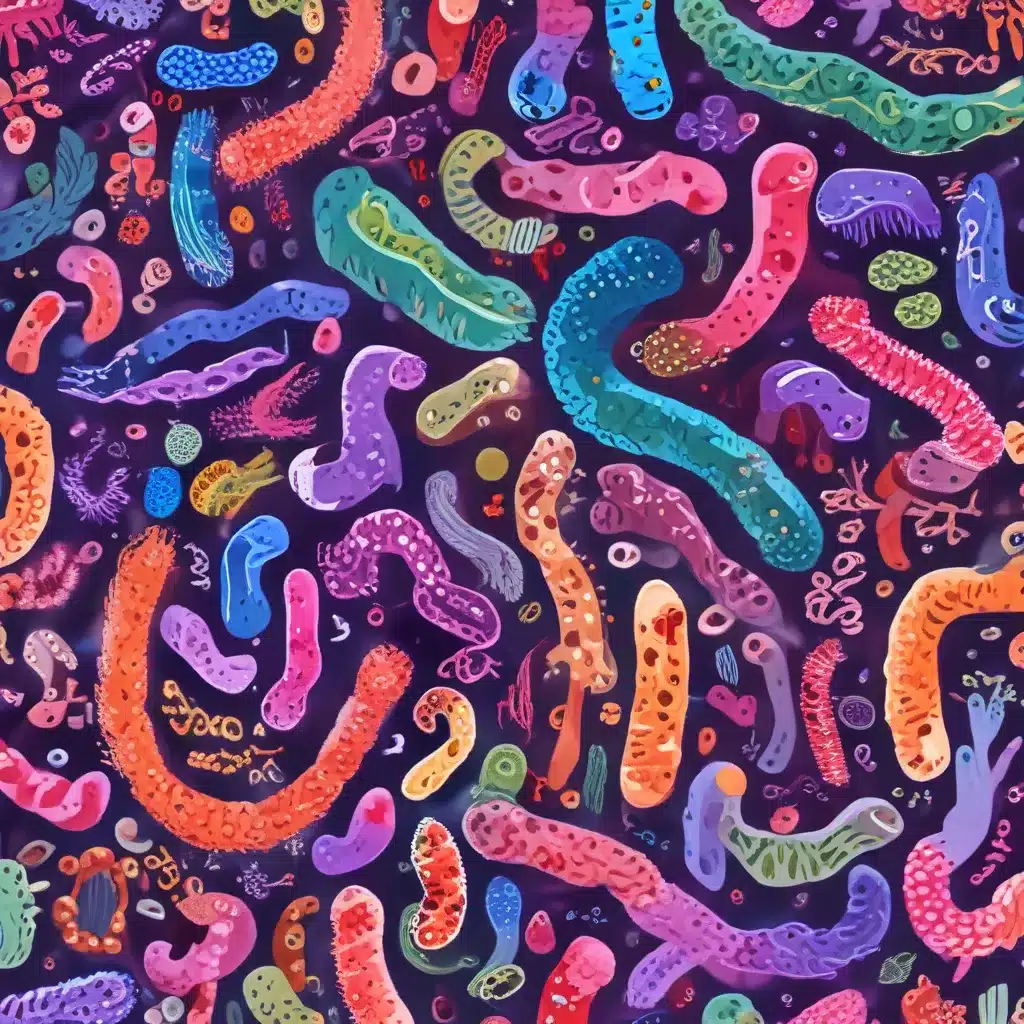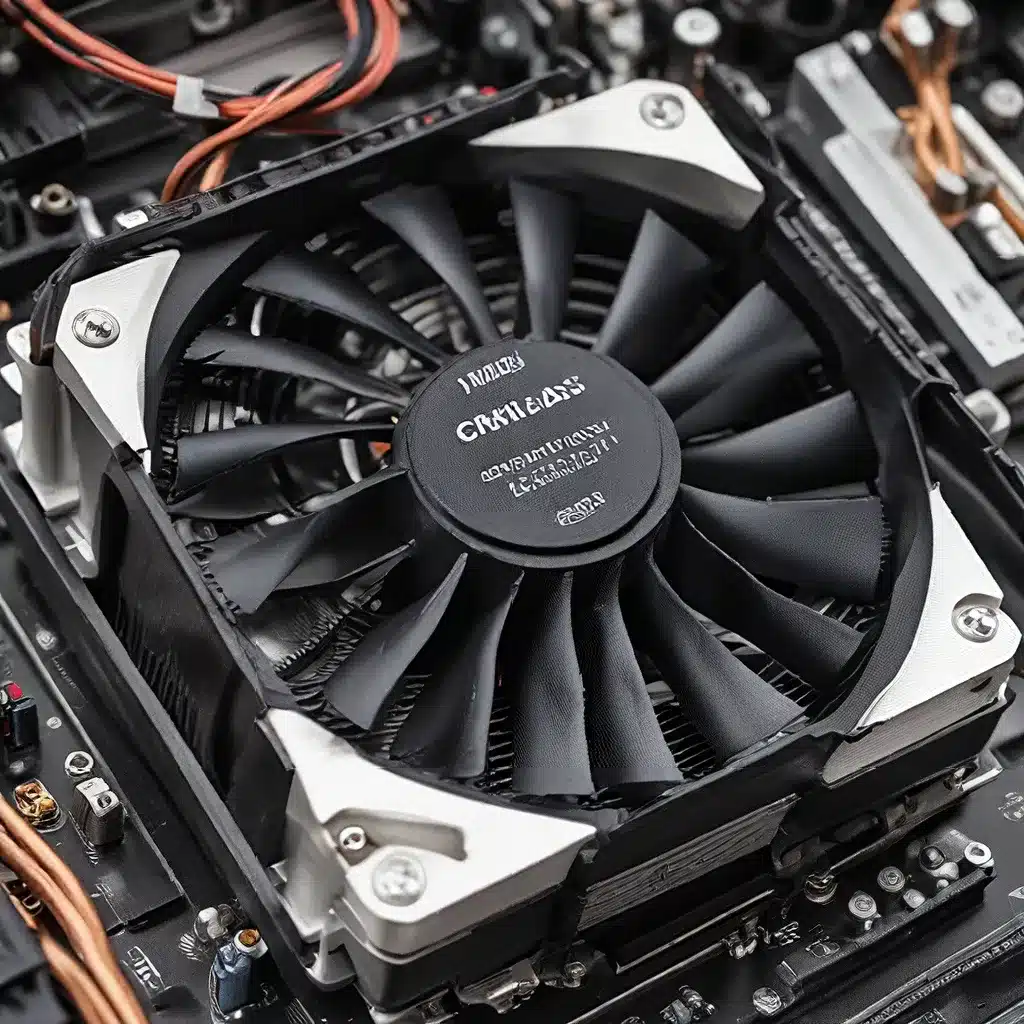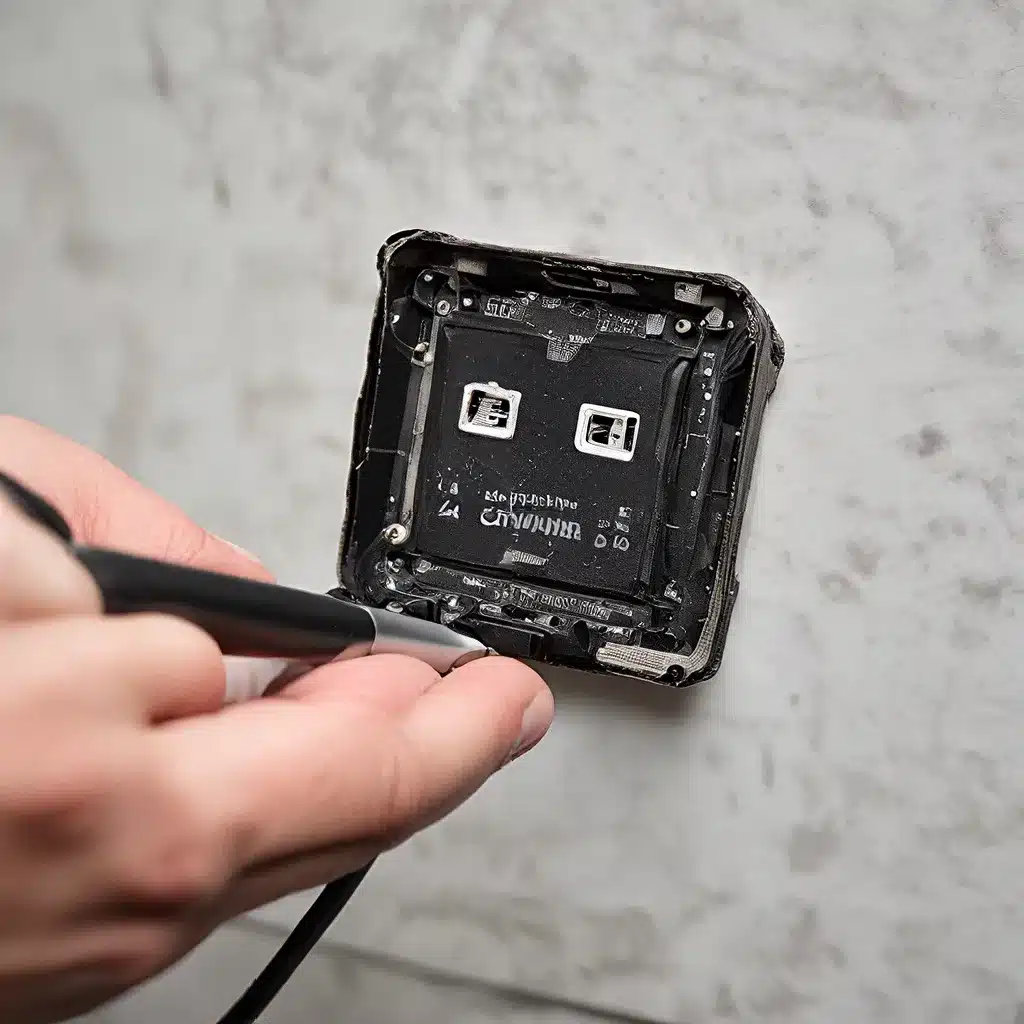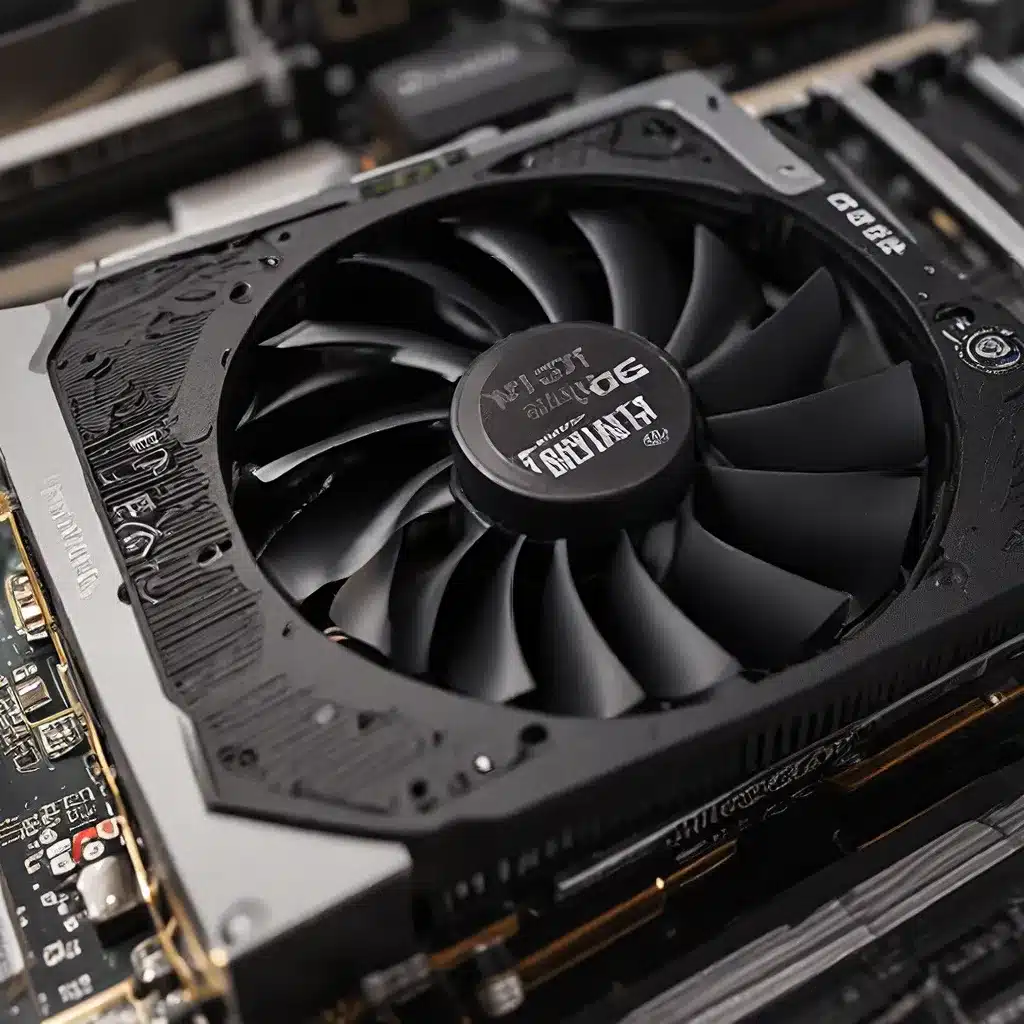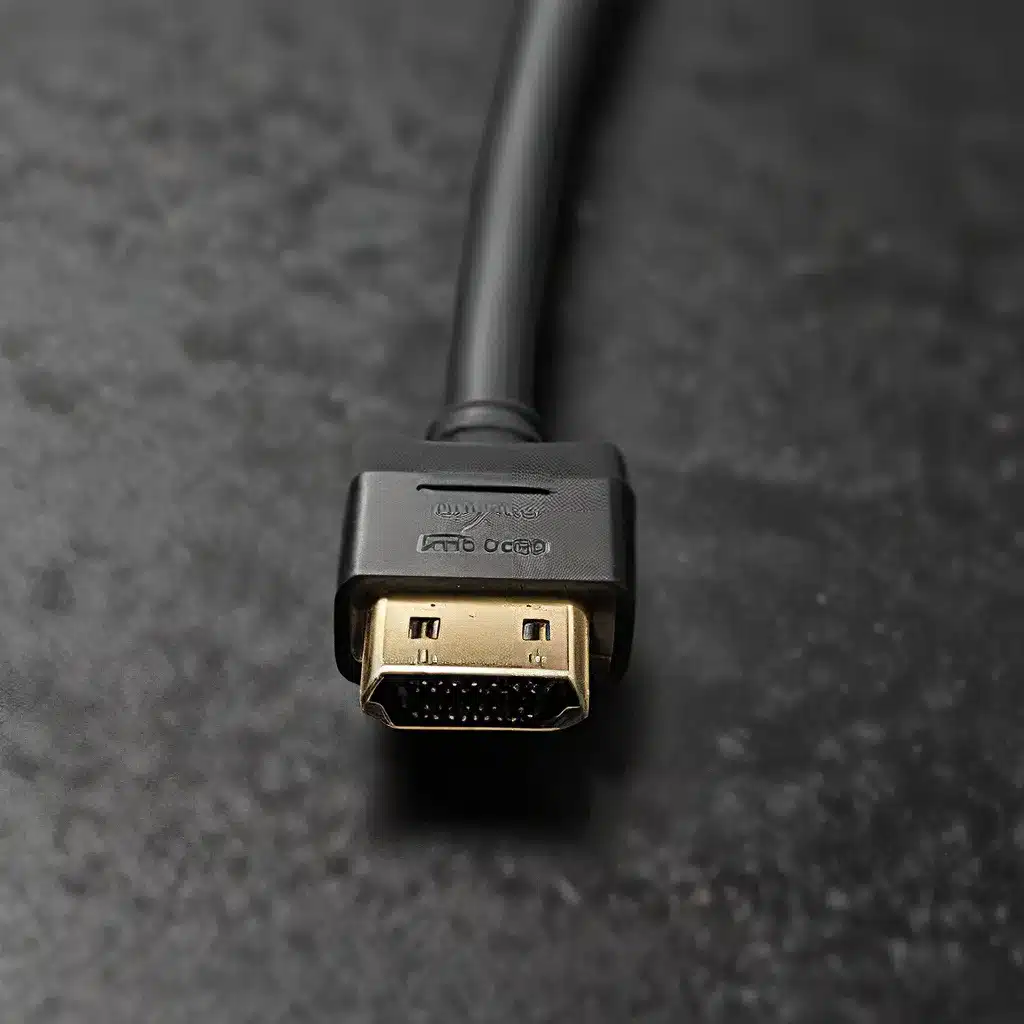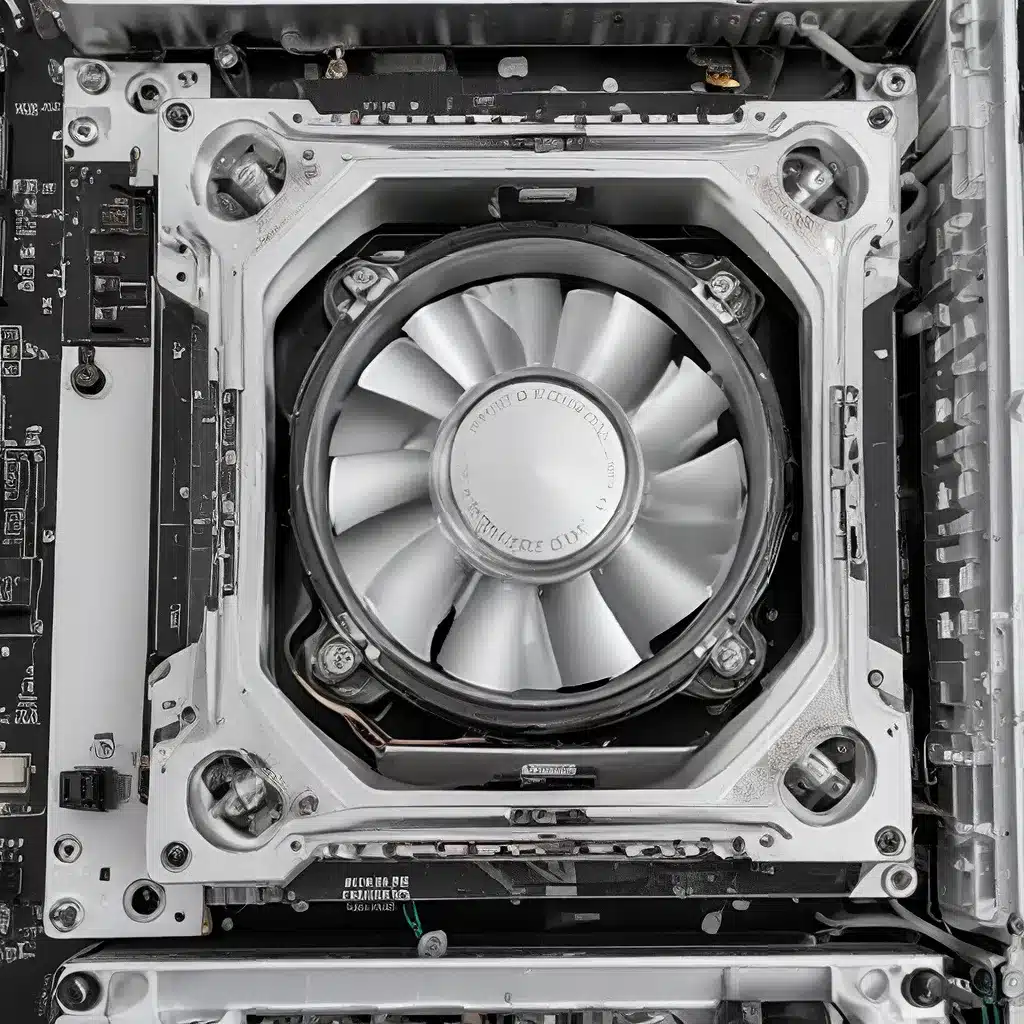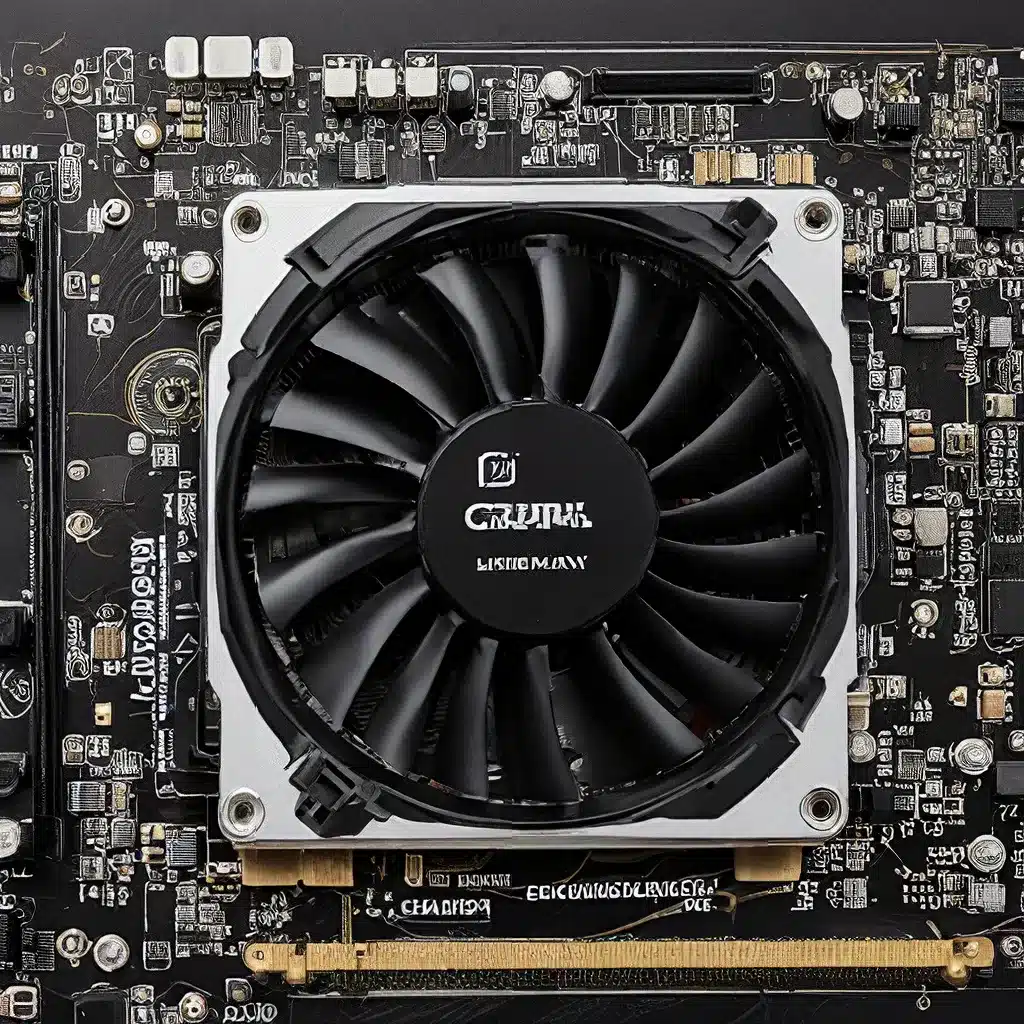Gut Feelings: Exploring the Fascinating World of the Microbiome
Have you ever wondered what’s lurking inside your belly? No, I’m not talking about that leftover burrito from last night. I’m referring to the trillions of microscopic organisms that call your gut home – your microbiome. This hidden universe of bacteria, viruses, and fungi is the focus of intense scientific research, and for good reason. It turns out that the health of your gut can have a profound impact on your overall well-being, from your mood and energy levels to your risk of chronic disease.
As someone who has always been fascinated by the inner workings of the human body, I’ve been following the microbiome research closely. And let me tell you, the discoveries are nothing short of mind-blowing. It’s like we’ve stumbled upon a secret society of gut-dwelling superheroes, each with their own unique superpowers.
According to the National Institutes of Health, the human microbiome contains around 39 trillion individual bacteria, outnumbering our own cells by a factor of 1.3 to 1. And these tiny tenants are not just idle squatters – they’re actively shaping our health in ways we’re only beginning to understand.
The Gut-Brain Connection: Exploring the Link Between Digestion and Mental Health
One of the most intriguing aspects of the microbiome is its connection to the brain. Researchers have discovered that the gut and the brain are in constant communication, a two-way street of chemical signals that can have a profound impact on our mood, cognition, and even our behavior.
It’s like the gut and the brain are old friends who can’t stop gossiping. The microbiome is constantly sending signals to the brain, and the brain, in turn, responds by altering the composition of the microbiome. This feedback loop is so powerful that some scientists have even referred to the gut as the “second brain.”
For example, did you know that around 90% of the body’s serotonin, the feel-good neurotransmitter, is produced in the gut? This means that the health of your microbiome can directly influence your mood and overall sense of well-being. According to the New York Times, studies have shown that people with depression and anxiety often have significantly different gut bacteria compared to their mentally healthy counterparts.
But it’s not just mental health that’s affected by the microbiome. This intricate ecosystem of microbes also plays a crucial role in our physical health, from regulating our immune system to helping us digest our food.
The Microbiome and Immune Health: How Gut Bacteria Protect Us from Disease
One of the most important functions of the microbiome is its role in maintaining a healthy immune system. According to the National Institutes of Health, the gut microbiome acts as a barrier, preventing harmful pathogens from entering the body and causing infection. It also helps to regulate the immune system, ensuring that it doesn’t overreact and cause inflammation.
Imagine your gut microbiome as a well-trained security team, constantly patrolling the borders of your body and keeping the bad guys at bay. When the microbiome is healthy and balanced, it can effectively fend off invaders and prevent your immune system from going into overdrive. But when the microbiome is disrupted – say, by a course of antibiotics or a poor diet – the security team can become overwhelmed, leading to a weakened immune system and an increased risk of illness.
This connection between the microbiome and the immune system is particularly relevant in the age of COVID-19. As the New York Times reported, studies have shown that people with diverse and thriving gut microbiomes tend to have a stronger immune response to the SARS-CoV-2 virus, and are less likely to experience severe COVID-19 symptoms.
But the microbiome’s influence doesn’t stop there. It also plays a crucial role in our digestion, helping us break down and absorb the nutrients in the food we eat.
The Microbiome and Digestive Health: How Gut Bacteria Help Us Thrive
Imagine your gut as a bustling city, with each type of bacteria playing a unique role in keeping the place running smoothly. Some are the trash collectors, breaking down the food waste and turning it into energy. Others are the construction workers, building the infrastructure that allows nutrients to be absorbed into the bloodstream. And there are even a few troublemakers, the bacteria that can cause digestive issues if they get out of hand.
According to the National Institutes of Health, the microbiome is responsible for producing a wide range of enzymes and other compounds that help us digest everything from complex carbohydrates to hard-to-break-down substances like plant fibers. Without these microbial helpers, we’d be left with a whole lot of undigested food and a very unhappy digestive system.
But it’s not just about breaking down food – the microbiome also plays a crucial role in maintaining the integrity of the gut lining. As researchers at the University of Chicago have discovered, certain gut bacteria produce compounds that help to strengthen the gut barrier, preventing harmful substances from leaking into the bloodstream and causing inflammation.
When the microbiome is out of balance, the consequences can be severe. Conditions like irritable bowel syndrome (IBS), inflammatory bowel disease (IBD), and even obesity have all been linked to imbalances in gut bacteria. And let’s not forget about the dreaded “tummy bug” – many gastrointestinal infections are caused by an overgrowth of harmful bacteria or the introduction of foreign pathogens into the gut.
Restoring Gut Health: Strategies for Cultivating a Thriving Microbiome
So, now that we know just how important the microbiome is to our overall health, the question becomes: how can we keep this delicate ecosystem in balance?
The good news is that there are plenty of strategies we can employ to support a healthy gut. One of the most important things is to maintain a diverse, plant-based diet, rich in fiber, probiotics, and prebiotic foods that nourish the beneficial bacteria in our gut.
| Probiotic Foods | Prebiotic Foods |
|---|---|
|
– Yogurt – Kefir – Sauerkraut – Kimchi – Miso – Tempeh |
– Onions – Garlic – Bananas – Whole grains – Legumes – Asparagus – Chicory root |
But it’s not just about what we eat – lifestyle factors like stress management, regular exercise, and getting enough sleep also play a crucial role in supporting a healthy microbiome.
And if all else fails, there’s always the option of probiotic supplements. As the New York Times reports, studies have shown that certain probiotic strains can help to alleviate the symptoms of conditions like IBS, IBD, and even anxiety.
Of course, it’s important to remember that everyone’s gut is unique, and what works for one person may not work for another. That’s why it’s always a good idea to work with a healthcare professional, like a registered dietitian or a functional medicine practitioner, to find the right strategies for your individual needs.
Embracing the Microbiome: A Journey of Gut-Powered Transformation
As I’ve delved deeper into the world of the microbiome, I’ve come to see it as a microcosm of the human experience. Just like us, these trillions of tiny organisms are constantly adapting, communicating, and working together to maintain a delicate balance. And just like us, they can face challenges that threaten their well-being – from environmental toxins to lifestyle factors that disrupt their perfect ecosystem.
But the beauty of the microbiome is that it’s not a static entity. It’s a dynamic, ever-changing landscape that responds to the choices we make and the way we care for our bodies. By nurturing and supporting our gut bacteria, we can unlock a whole new world of health and vitality.
So, the next time you’re feeling a bit off, or you’re struggling with a persistent health issue, take a moment to tune in to your gut. It may just be trying to tell you something. And who knows, with a little bit of gut-powered TLC, you might just find the secret to unlocking your best self.
After all, as the wise old saying goes, “the path to true health begins in the belly.” Okay, maybe I just made that one up, but it sounds pretty good, don’t you think?
If you’re feeling inspired to learn more about the microbiome and how it can transform your health, be sure to check out the resources on https://itfix.org.uk. And remember, when it comes to gut health, the power is in your hands (or, more accurately, your gut).

